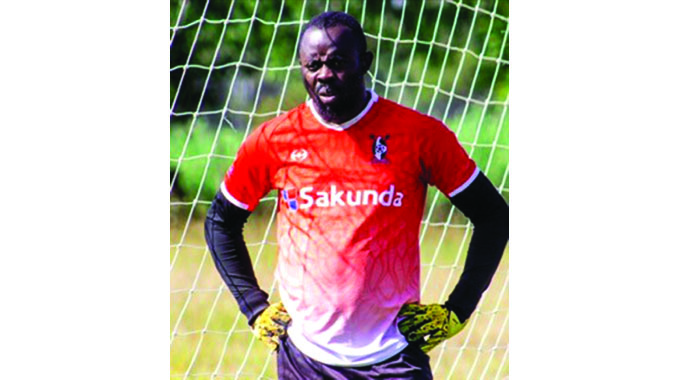Warne lived a life of no regrets

SYDNEY. — When the news broke it was tempting to conclude swiftly that Australian cricket legend Shane Warne died as he had lived. On holiday in Thailand, nudge.
The tabloids, especially in Britain where he lived much of his life, had luridly chronicled his life. Many may have speculated that he died living life to the fullest.
As it turned out, Warne, who was just 52, had declared he was on a serious health kick, trying to lose weight and get in condition. Previously, he had even managed to turn weight loss into a scandal, when he failed a drugs test at the 2003 Cricket World Cup in South Africa and was sent home. He was ridiculed for blaming his mother for recommending the banned diuretic.
To say Warne was no stranger to controversy is as banal as observing that he was a superlative cricketer. One of five Wisden Cricketers of the (20th) Century, cricket fans pore over his bowling record with the same forensic eye as the paparazzi tracked his carousing. It was Warne who delivered the “ball of the century” in 1993, perhaps the most famous dismissal in modern cricket, to a perplexed English captain, Mike Gatting. It was a piece of sporting sorcery that will never be forgotten.
These contrasting images lead us to ask who is Shane Warne, and why does he matter so much to so many?
There are few sportspeople interesting enough to have an entire musical devoted to them, but Eddie Perfect found plenty of material for his 2008 production Shane Warne: The Musical. Its subject may be much admired by cricket followers around the world, but he is also well known to a much wider audience precisely because he has generated so much tabloid fare.
Warne is often presented as the lovable larrikin, a masculine archetype long celebrated in Australia. This is a colonial-era image of young men who mocked the stuffy propriety of the British with cheeky, anti-authoritarian attitudes and behaviour.
Perfectly suited to play a key role in the “postcolonial pantomime” that is the Ashes cricket series, he was loud, untidy, disrespectful and, crucially, very good at beating the Poms at their own game.
Warne was radically different from other Australian cricket heroes like Sir Don Bradman and Richie Benaud. When the latter died in 2015, I reflected on his transition from on-field rebel to sober commentator.
Shane Warne also made the move to television commentary, but whereas Benaud offered dignified consideration, Warne was animated and opinionated. Restraint was never part of Warne’s armoury, although his successful career as a professional poker player and the subtlety of his bowling were evidence of a shrewd, calculating mind behind the brash exterior. — AFP








Comments